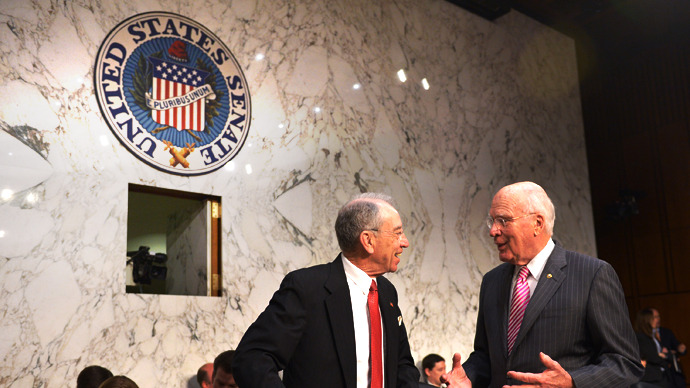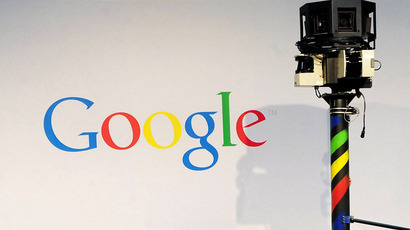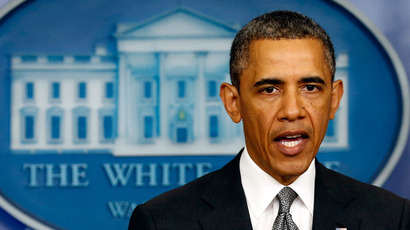CISPA in limbo thanks to Senate apathy

Despite an $84 million lobbying effort, CISPA, the controversial bill aimed at making it easier for corporations to share customers' personal information with the government, faces an uncertain future after approval in the US House of Representatives.
The next step for the Cyber Intelligence Sharing and Protection Act, or CISPA, after passing by a 288 to 127 margin in the House, is a Senate vote. However, the Senate has yet to debate the bill and has given no indication that the proposal is a priority, as major issues including gun control and immigration linger in the national consciousness.
CISPA co-sponsor Rep. Mike Rogers (R-Mich.) of the House Intelligence Committee has maintained that the law would help corporations defend against supposedly inevitable cyber-attacks by striking “that right balance between our privacy, civil liberties and stopping bad guys in their tracks from ruining what is one-sixth of the US economy,” as quoted by the Associated Press.
If CISPA were to become law it would grant businesses and the
government an unprecedented ability to share data without the need
to consider anti-trust or classification laws. Hacked businesses
would be granted legal immunity if they acted in “good
faith” to protect their networks, thanks to a part of the bill
whose broad language has drawn the ire of consumer and privacy
advocates.

An initial version of the bill passed in the House of Representatives in 2012 but faded after a Senate filibuster. Last year only 40 Democrats supported the bill – though that number nearly doubled to 92 who voted for it in 2013. That seemingly sudden ideological shift followed an $84 million lobbying effort from major sponsors like Viacom, Time Warner, Verizon Wireless, and others, according to the Daily Tech.
The Electronic Frontier Foundation and American Civil Liberties Union, two of CISPA’s chief opponents, have warned that the legislation would reveal health records, credit information, and other information to the government without first being scrubbed by the companies turning over those files. The National Security Agency could then be granted access to those transmissions when investigating foreign hackers.
Google, Yahoo and Microsoft are among the tech companies that have supported the bill, but public backing has slowly eroded after Facebook revoked its support and a series of amendments in the House Intelligence Committee failed to sway the ACLU.
US President Barack Obama threatened to veto CISPA in 2012 and, citing privacy concerns, has kept his position with the current language of the bill. If CISPA overcomes the odds in the Senate, a presidential veto would again doom the law to months of debate in the House.














